“What does mountain biking mean to you?”
This question is posed all the time in forums, blogs, videos, and magazines. It can be a tough question to answer because there are so many things that make mountain biking such a rewarding lifestyle. I know that for me, and for many of you, one of the most rewarding aspects of mountain biking is getting to enjoy some of the wilder, more unsullied places on the planet. There is something peaceful and pure in nature that speaks to us, that calms the spirit.
That blissful escape from the urban world is destroyed when you reach a scenic overlook only to find someone’s garbage lying on the ground.
Sometimes I hate people. This trail-side trash heap totally ruins the scenic beauty of this spot. Green Mountain, Blue Ridge, Georgia.
For me, this picture represents the beauty and grandeur of nature that I head out on the trail to find. Trail 401, Crested Butte, Colorado.
We can all help protect the majestic beauty of the mountains, forests, meadows, and deserts that we ride in by choosing to Leave No Trace.
LNT Mountain Biking
There are seven main principles of Leave No Trace outdoor ethics. In addition to just listing the main principles, I’ll add some of my thoughts on how it can be specifically applied to mountain biking:
1. “Plan Ahead and Prepare”
This is a good rule for any trip into the forest. Know where you’re going, what the area will be like, and pack everything you think you’ll need.
2. “Travel and Camp on Durable Surfaces”
This is very important for mountain bikers! Ever heard the saying: “Keep singletrack single”? The trail is meant to be followed. If you don’t have the skills to ride a particular section of trail, don’t blaze your own trail around it. If you do it, someone else will follow your tire marks. Riding off the established trail accelerates erosion and degrades the purity of the singletrack experience.
Please, if you can’t handle the difficulty of a specific section of trail, just get off and walk.
3. “Dispose of Waste Properly”
Pack it in, pack it out. One of the things that inspired me to write this post in the first place was finding trash all over my local trail system after a recent race. Does it really take you that long to put your half-eaten gel packet back in your pocket? And if you can pack in an extra tube for when you get a flat tire, why can’t you pack your flat tube back out with you?
I picked up all of this trash in less than a quarter of a mile. Perhaps the water bottle was more “lost” instead of “tossed,” but the tube and sweat rag are unacceptable.
For other sorts of waste in the backcountry, I refer you to these directives from LNT.org:
- “Deposit solid human waste in catholes dug 6 to 8 inches deep at least 200 feet from water, camp, and trails. Cover and disguise the cathole when finished.”
- “Pack out toilet paper and hygiene products.”
- “To wash yourself or your dishes, carry water 200 feet away from streams or lakes and use small amounts of biodegradable soap. Scatter strained dishwater.”
4. “Leave What You Find”
If you want to take something from a natural environment, please just take a picture. Leave whatever you’re photographing there for everyone else to enjoy too!
5. “Minimize Campfire Impacts”
This really only applies to mountain bikers who are bikepacking, but please try to use preexisting fire rings.
6. “Respect Wildlife”
These ideas really apply to everyone at all times, including mountain bikers.
7. “Be Considerate of Other Visitors”
This is especially important for the mountain biking community. Learning to yield the trail properly to other users goes a long way towards amiable interactions with other user groups and trail access in the future. In case you aren’t aware, the technical rules of yielding are as follows:
- Hikers yield to horses.
- Mountain bikers yield to horses.
- Mountain bikers yield to hikers.
- The downhill rider yields to the uphill rider.
As we’ve discussed in a recent forum thread, this last one doesn’t always make the most sense. But when in doubt, stick to these guidelines, and it can help alleviate stress for everyone.
It Only Takes One
It only takes one person to ruin the purity of nature for everyone else by leaving trash on the ground, carving their initials in a tree, or spreading dirty toilet paper across the forest floor.
On the other hand, sometimes it only takes one person to pick that piece of trash up to restore the woods to its former natural glory.
Don’t be the first person… be the second.
What are your thoughts on Leave No Trace MTB ethics?
















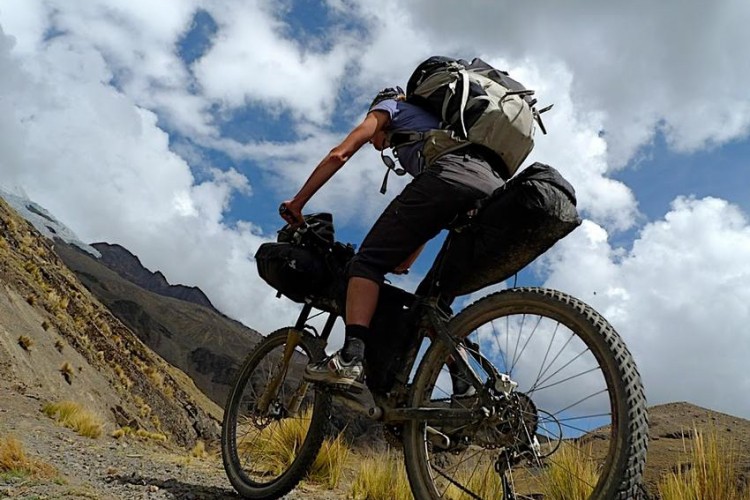

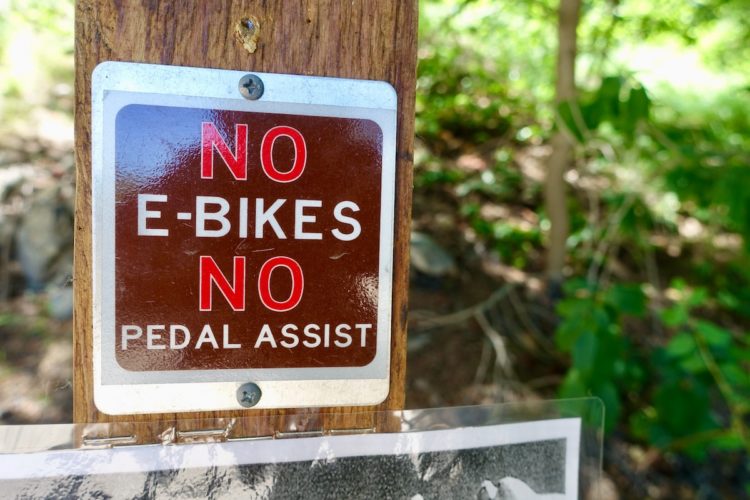
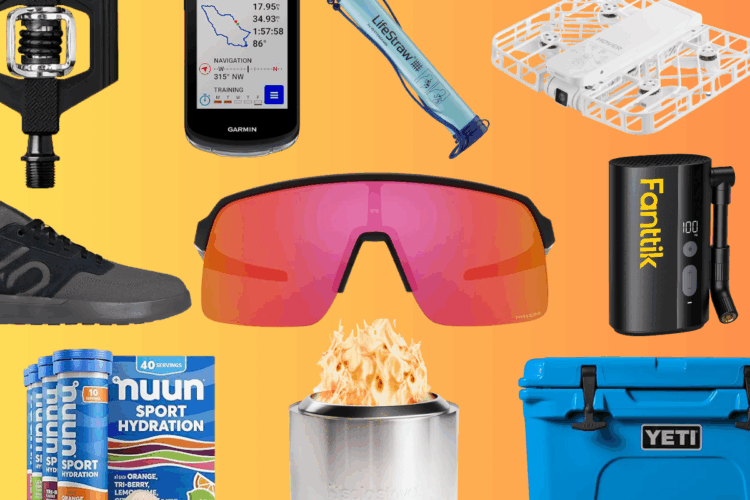
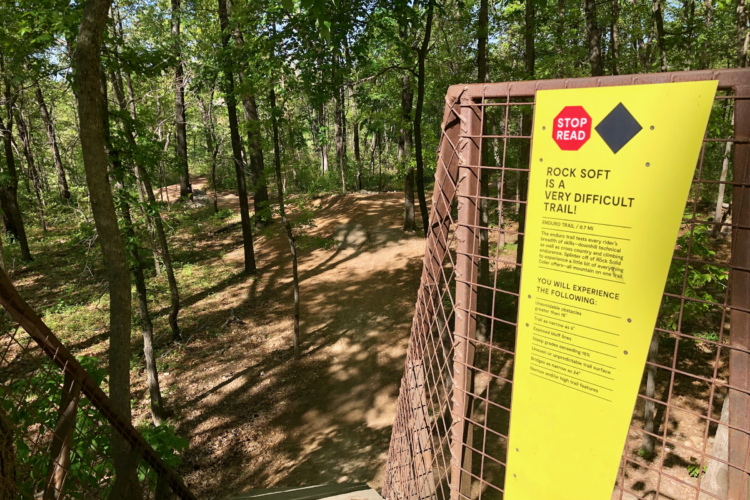
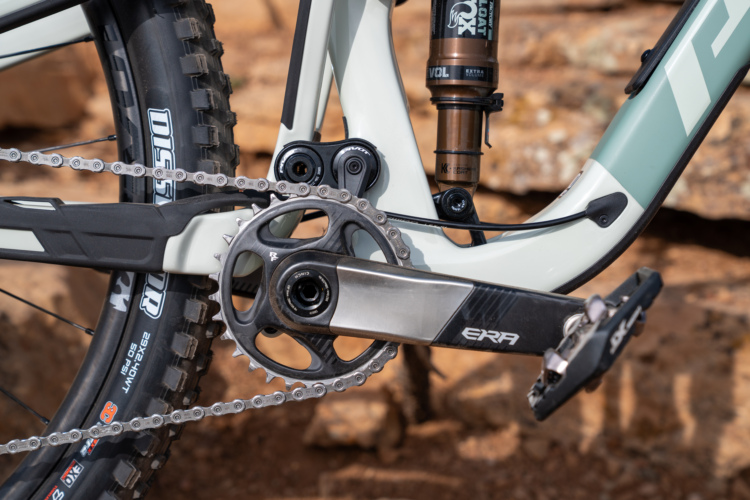
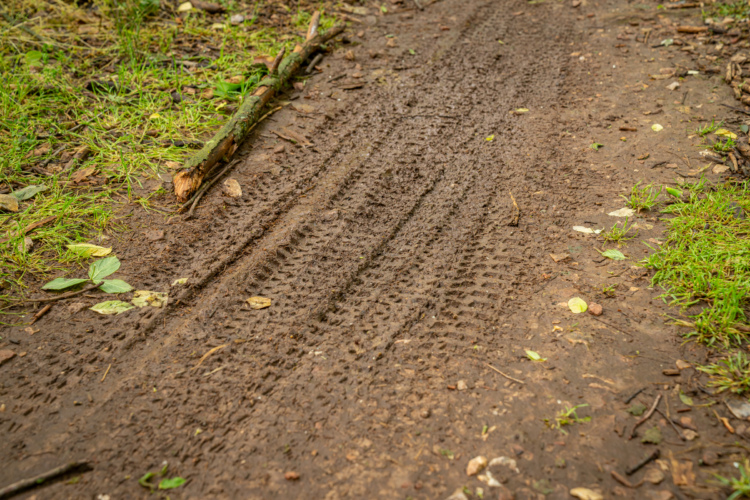

21 Comments
Sep 29, 2011
@maddslacker, Really? Hmm that is definitely interesting...
Littering hippies, lol!!
Sep 30, 2011
May 23, 2012
Sep 28, 2011
@XCTolen, ah gotcha, I'm tracking with ya!
Sep 28, 2011
Being serious, the Boulder area has the worst MTB trail access and worst trash problems of the whole Front Range. Do with that info what you will.
Sep 28, 2011
Speaking of ridearounds and 'keeping singletrack single' I noticed in Greg's recent ride report where there was a great example of trail widening from folks trying to go around rocks. Once that line opens up and becomes visible that's were folks go naturally, just like Greg did, it's just natural. Look at how wide that trail is now! (7th picture) http://www.singletracks.com/blog/mtb-trails/ride-report-dyke-trail-crested-butte-co/
Sep 28, 2011
Sep 28, 2011
Problem is, it can be a tough issue to handle. IMO, best way to deal with it is to just refrain from riding when the singletrack is wet. I usually stick to the forest service roads or the pavement.
While you don't necessarily just want to blast straight through mud holes, riding around them can be even worse at times. I'll refer you back up to the saying "keep singletrack single." Riding around a mud hole widens the trail, and I have even ridden trails that have developed two distinct tracks for hundreds of yards because people rode around muddy sections. That totally ruins the singletrack experience, and causes even more erosion and damge.
But like I said, it's tough issue.
Here's a post I wrote about a year ago that examines the issue from several different angles: http://www.gregridestrails.com/2010/08/riding-through-mud.html
May 23, 2012
Sep 29, 2011
As I always like to say, leave only foot prints but in the case of mt bikes, waffle marks.
Sep 28, 2011
Sep 1, 2014
Sep 28, 2011
Jan 29, 2015
Sep 28, 2011
Sep 28, 2011
Sep 28, 2011
Sep 28, 2011
Jan 7, 2012
Sep 28, 2011
May 4, 2018